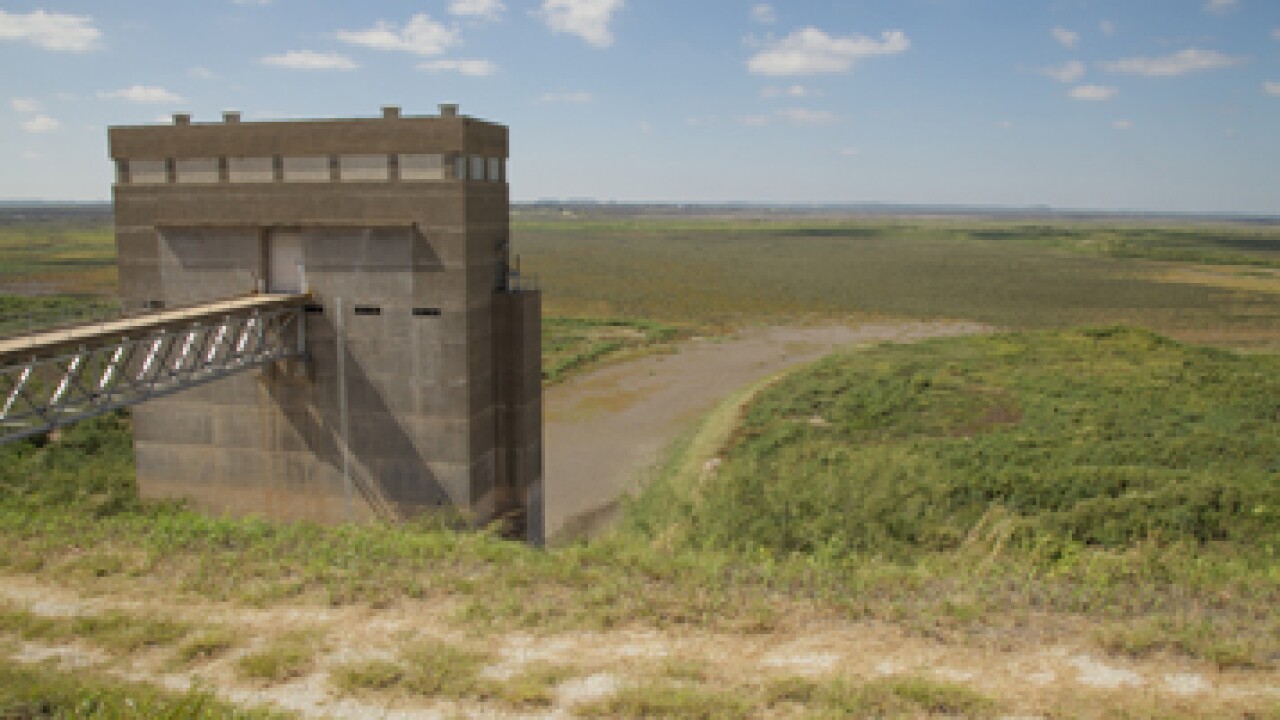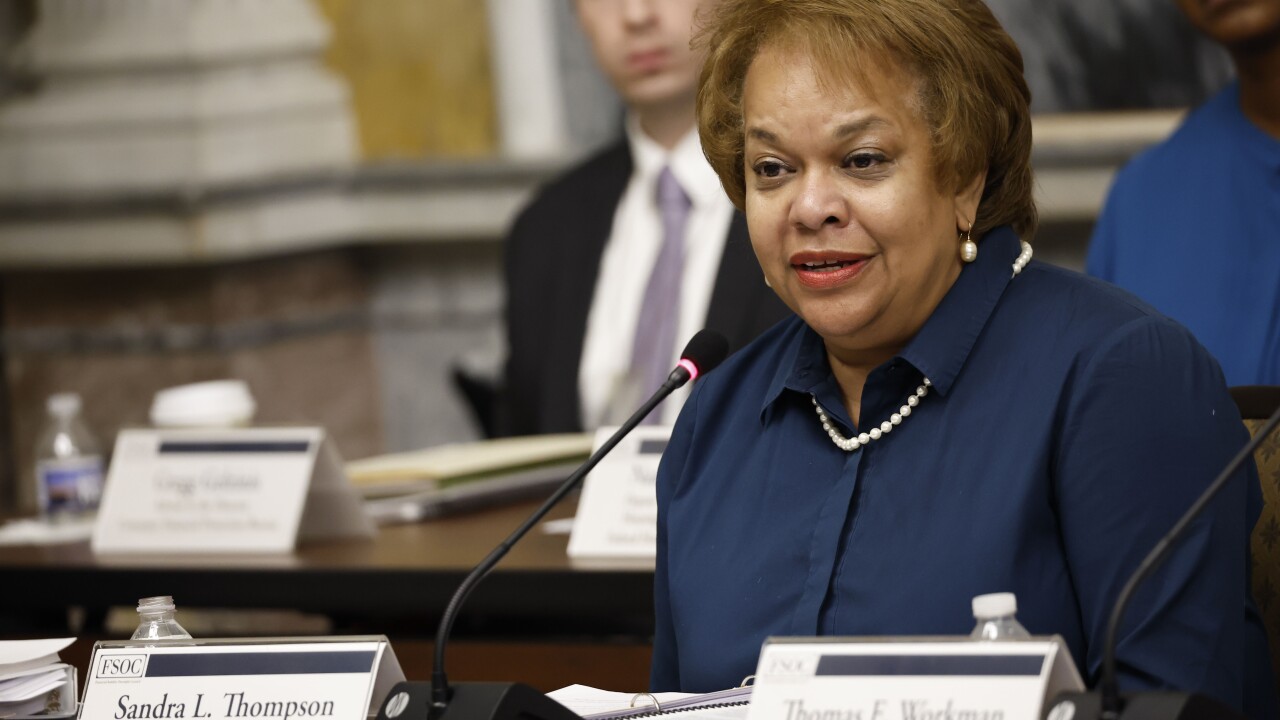Homes in Charlotte are selling fast. Prices are shooting up. Demand is growing.
So why aren't there more houses on the market?
February saw a continuing trend of housing inventory near record-low levels, according to an analysis of data released this week by the Carolina Multiple Listing Services. For more than three years, the region has had around a 90-day supply of existing homes for sale.
Experts say a balanced market should have around a six-month supply. Just five years ago, the region had a five-month supply.
New construction isn't keeping up either. Housing market research firm Metrostudy found that Charlotte has the lowest inventory of new housing out of any of the cities it surveys across the country, including places like San Francisco with white-hot markets.
As a result, the average sale price in Charlotte has risen 35% in the past five years, according to an Observer analysis of the MLS data. That means people are staying in their homes longer, said Richard Buttimer, director of the Childress Klein Center for Real Estate at UNC Charlotte — further driving down the supply of houses for sale.
"People who currently own homes know that it's hard to find something else that they can afford," Buttimer said. "So they don't go out and put something on the market really until they've already secured something else."

When Rebecca Roemer and her husband Andrew had their first showing on their home in Fort Mill, S.C., they were hoping to get a deal done that weekend.
They got an offer just five hours later. And it was several thousand dollars more than the $775,000 they listed it for.
There was also no contingency, meaning they didn't have to wait for the buyers to sell their own home, and she said that's appealing to sellers.
"Now they're just looking for people that are ready to buy it, no strings attached," she said.
A UNCC study released last month found that Charlotte hasn't been building enough to keep up with the influx of new residents. The city's population has grown by about 2% per year since 2007, while the total number of housing units has grown by 1.3%.
Brenda Hayden, president of the Charlotte Regional Realtor Association and Carolina Multiple Listing Services, doesn't expect that to change. "This is the new kind of norm for us," she said.
Still, the number of houses sold continues to rise, meaning that houses are selling faster. The average house was on the market for just over 100 days in February, according to the MLS data. That's two days fewer than the previous year.
And in high-demand neighborhoods, it's often far less.
David Rojas and his wife nearly lost out on the house they loved in NoDa. The same day the couple made an offer, another buyer had offered the full price.
So they signed a contract on another home, but hours later found out the other buyer had fallen through. They quickly canceled the contract and purchased the NoDa house.
"When you're making a decision of this magnitude, it's always extremely difficult to say, 'yes this is the next house we're gonna live in for 10 years after you look at it for 15 minutes in an open house," Rojas said.
When he and his wife bought their first home near SouthPark seven years ago, they paid $214,000. The house they just purchased was over $600,000.
"We could pay under ($500,000), but end up with a very similar house," Rojas said. "When you move you want to upgrade."
For a builder, the shortage should be a perfect opportunity to meet the demand.
But increasing land and labor costs are holding back some of that construction. Mark Gibbs, Charlotte division president of David Weekley Homes, said while the market has been strong so far, the company may build fewer houses in Charlotte this year.
"Over the past few months, the high cost and scarcity of land, shortages and costs of labor, and the inclement weather have all been challenges for homebuilders," he said in an email. "Affordability is also a huge challenge as housing costs continue to escalate and interest rates are projected to rise again this year."
As builders face higher expenses that gets passed onto consumers. Gibbs said the builder's average price citywide last year was near $500,000. According to Metrostudy data, the average price for a new home in Charlotte last year was around $348,000.
"Most entry level homes, that pricing experience is quite different than it was say five years ago," Hayden said.
Until 2014, homes priced at or under $150,000 made up at least 35% of the total homes sold, according to the UNCC study. Last year, that figure was less than 15%.
"The Baby Boomers are having sticker shock," said Kim Trouten, a Realtor and senior partner with the Bovender team at Allen Tate. "They've lived in their house for 25 years. They're like, 'what do you mean this is what I have to pay to downsize?'"
An analysis of the MLS data found that the number of homes under $250,000 declined by a quarter in the past year.
Adding to the lack of supply: Wall Street investors converting single-family homes into rental properties.
A 2017 Observer analysis found that out-of-state companies like Tricon American Homes and Invitation Homes have purchased more than 10,000 houses across the Charlotte area in just a few years. Most of those properties were $100,000 and $200,000 starter homes.
That's had an impact on the availability of affordable housing, Hayden said.
"They have greater purchasing power than the average consumer," she said. "They can go in and do a cash offer on a home."
Still, as the spring buying season ramps up, Trouten said the market is starting to shift. The number of homes sold in February was slightly lower than the previous year, the MLS data showed. Still, prices increased nearly 5%.
Buyers are getting more picky, especially with higher interest rates, and sellers have had to change their expectations, Trouten said. Their homes have to be move-in ready.
"They've been able to put a price tag on it and sell it," she said. "That's no longer the case."





